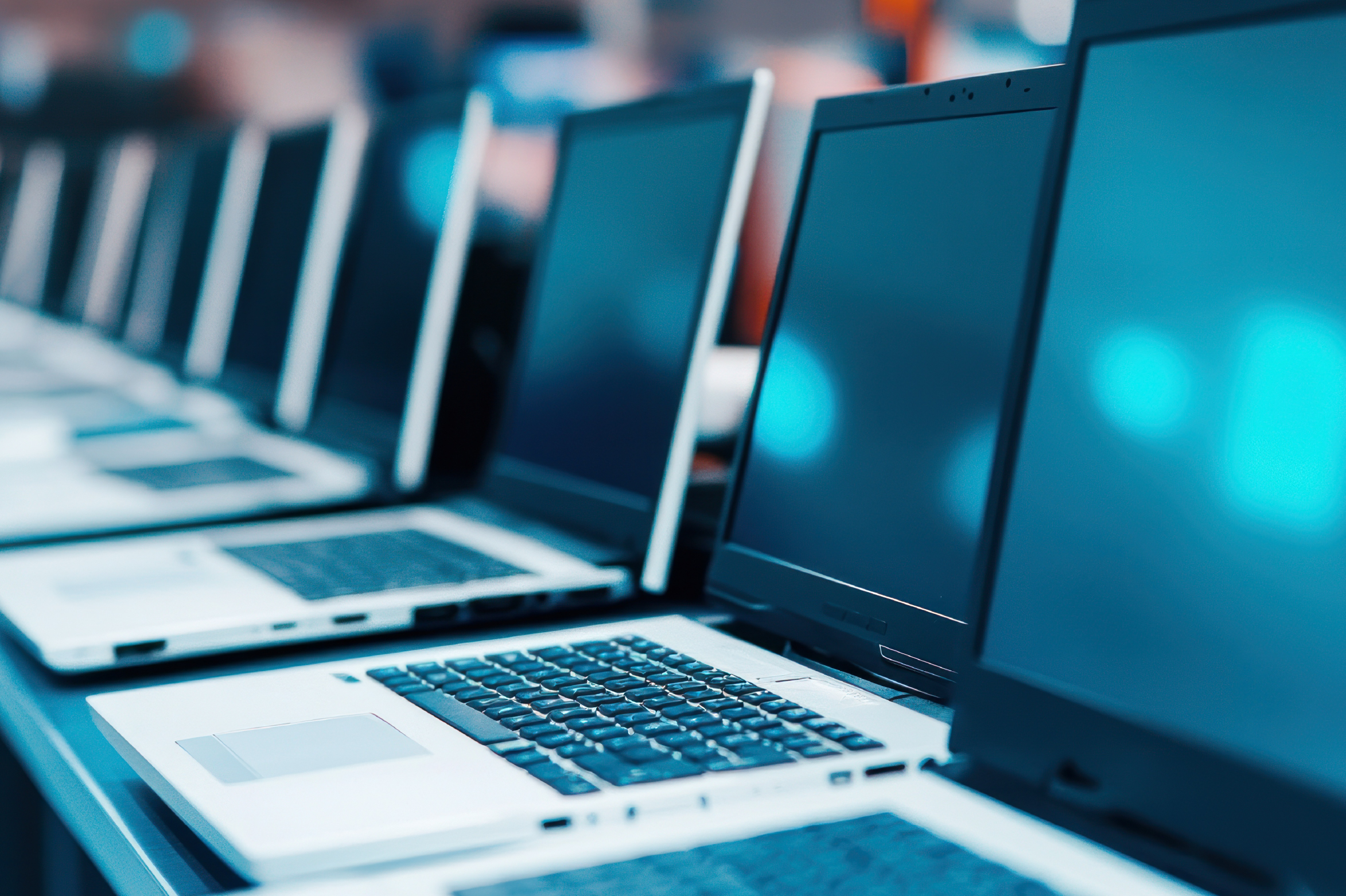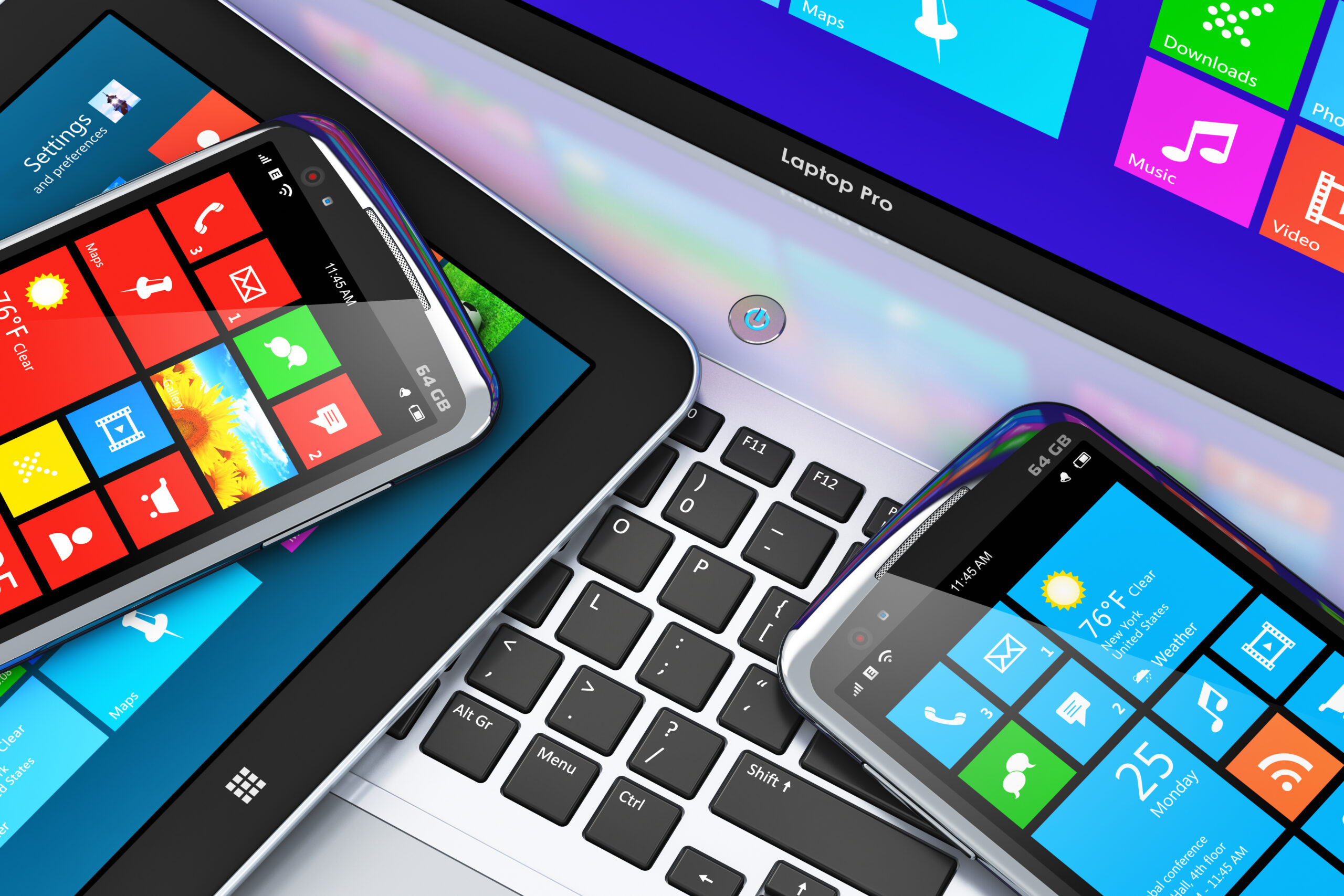Preparing Your Transition from Windows 10 to Windows 11
As the digital landscape evolves, staying ahead in cybersecurity is paramount for both individuals and organizations alike. With the impending end of support for Windows 10 on October 14, 2025, it’s crucial to prepare for the future—moving to Windows 11. This transition is not merely about maintaining support; it’s a significant step toward enhancing your cybersecurity posture in an ever-growing landscape of digital threats.
Since its release, Windows 10 has been a cornerstone for cybersecurity, providing robust defenses against an array of cyber threats that have evolved over the years. Its introduction of features such as Windows Hello for biometric authentication, Windows Defender Antivirus, and regular security updates have been instrumental in safeguarding users across the globe. Windows 10 also marked a significant leap in embracing cloud technology and integrating it within the operating system to enhance security, productivity, and accessibility.
Windows 11’s modernized interface encourages greater productivity, while its deep integration with cloud and AI technologies offers unprecedented levels of assistance and automation. In essence, Windows 11 is not just a step forward in threat protection; it is a leap toward an intelligent, more connected, and resilient digital ecosystem.
Building upon the solid foundation laid by its predecessor, Windows 11 is poised to redefine the computing experience with a keen eye on the future of cybersecurity. It introduces next-generation security features such as hardware-based isolation, encryption, and malware prevention right from the start-up.
Why Transition to Windows 11
Windows 11 is designed from the ground up and incorporates advanced security features by default, ensuring that your systems are safeguarded against new and emerging threats. With reports indicating a 62% drop in security incidents and a threefold decrease in firmware attacks on Windows 11 devices, it’s clear that upgrading is a prudent decision for those concerned with cybersecurity.
Key Features of Windows 11
- Enhanced Security: With TPM 2.0, virtualization-based security, and the vulnerable driver block list enabled by default, Windows 11 sets a new standard for security.
- Familiar Yet Better: Maintains the comfortable user experience of Windows 10 while introducing a more streamlined and modern interface.
- Optimized Performance: Experience quicker response times, faster web browsing, and improved overall performance.
- Improved Multitasking: Features like Snap Layouts and Multiple Desktops enhance productivity.
- Accessible by Design: Windows 11 is the most inclusive version yet, with new accessibility features.
- Energy Efficiency: Incorporating energy saver modes and carbon-aware Windows Updates.
- AI-Integrated: The introduction of Copilot offers AI-powered assistance directly from your desktop.
Preparing for the Transition
For detailed guidance and support, Microsoft’s blog post How to Prepare for Windows 10 End of Support by Moving to Windows 11 Today serves as an invaluable resource. Here, let’s outline some steps to prepare for a smooth transition.
- Check Compatibility: Verify if your current Windows 10 PC meets the requirements for a free upgrade to Windows 11. You can do this by going to Settings > Update & Security > Windows Update.
- Explore New Devices: If your machine is not compatible, consider purchasing a new Windows 11 PC. The market offers a vast array of options tailored to various needs and budgets—including appropriate recycling with sustainable processes, just like what ARCOA provides.
- Backup Your Data: Utilize Windows Backup and OneDrive to safeguard your files, ensuring a seamless transition.
- Seek Out Extended Security Updates (ESU): For organizations and, for the first time, consumers, ESUs are available. These offer an extra layer of protection while you prepare for the upgrade.
Transitioning to Windows 11 is about embracing the future of computing—where security, efficiency, and accessibility are paramount. It represents a commitment to staying at the forefront of cyber resilience in a world where digital threats are constantly evolving.
For businesses, upgrading to Windows 11 is not just a path to maintaining support; it’s a strategic move towards enhancing productivity, leveraging AI, and ensuring cybersecurity. With a 250% return on investment and features enabling 50% faster workflows than Windows 10, the business case for Windows 11 is compelling.
Things to Keep in Mind
For many, the hardware requirements of Windows 11 will render their old devices obsolete. However, rather than simply discarding or hoarding old electronics, individuals and companies can look towards eco-friendly recycling options. Recyclers can responsibly reclaim valuable materials from these devices, reducing environmental impact and promoting a circular economy.
Additionally, protecting data during the recycling process begins with a full backup, followed by a thorough wipe of the device’s storage using software designed to overwrite the data, rendering it unrecoverable. When done professionally, the process will comply with recognized standards like R2 (Responsible Recycling) or e-Stewards, which confirm that the recycler adheres to strict data security and environmental protocols. By taking these precautions and using services like ARCOA, businesses and individual users can confidently contribute to environmental sustainability while maintaining the integrity of their proprietary and personal data.
Stay Updated
The end of support for Windows 10 is a pivotal moment for users and organizations worldwide. It prompts a transition that, while necessary, offers a wealth of benefits in terms of security, performance, and user experience. As we navigate this change, it’s essential to approach the transition thoughtfully and strategically, utilizing all available resources to ensure a smooth and successful upgrade to Windows 11.
In closing, remember that the journey to Windows 11 is not just an upgrade; it’s a step towards a more secure, efficient, and inclusive digital future. As your cybersecurity partner, we are here to support you through this transition, ensuring that you and your organization are well-prepared for the advancements that Windows 11 brings. Let’s embrace this change positively and move forward into a secure computing era together.
For further insights, visit ARCOA Group at thinkarcoa.com and ensure you maximize recovered value and minimize risk with your outdated technology assets.
RELATED INSIGHTS

IT Asset Recycling: Where Do Your Business’s Old Electronics Go?
Businesses rely heavily on technology to store and process vast amounts of data. To stay competitive and secure, companies...

Windows 11 and Device Management: What You Don’t Know Can Hurt You!
One of the most overlooked—but critical—steps in the IT asset disposition (ITAD) process is ensuring that devices are fully...
LET’S GET STARTED
Ready to put your retired IT assets to work for your business? Contact us to get the conversation started or request a quote. ARCOA has all the solutions you need to turn old IT assets into new revenue.
Talk to an Expert![$img['alt']](https://www.thinkarcoa.com/wp-content/uploads/2025/03/ARCOA_February_Blog-scaled.jpeg)